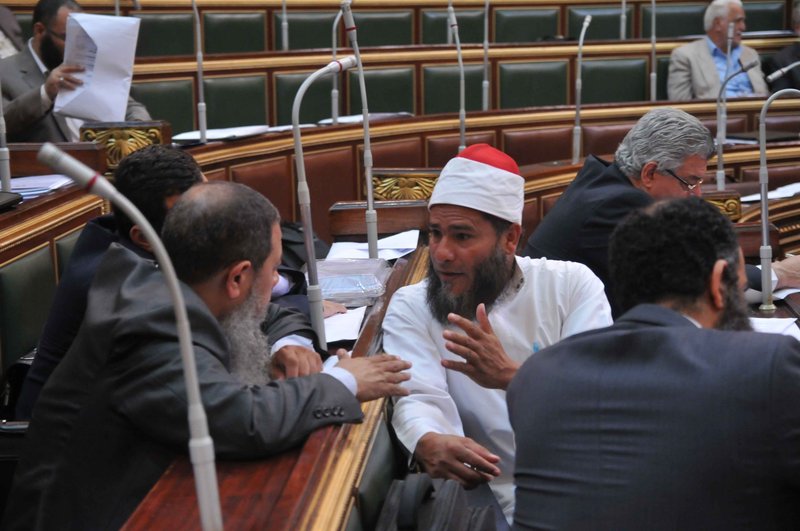Nazif: There s agreement on principles but mechanisms take time
CAIRO: Egypt and the European Union (EU) said Wednesday the March 6 signing of the European Neighborhood Policy s (ENP) Action Plan represents their agreement to move forward with political and economic reform within Egypt and create a nuclear-weapons free Middle East. A nuclear-weapons free Middle East is an Egyptian policy, Prime Minister Ahmed Nazif told The Daily Star Egypt. What we reached in the [Action Plan] agreement is satisfactory. Speaking on behalf of the EU, German Ambassador to Egypt Bernd Erbel said the EU shares Egypt s vision for clearing the region of nuclear weapons but added implementation could take time considering the ongoing conflicts in Iraq and the Palestinian Territories. In signing the agreement, Egypt accepted a 558 million euros (LE 4.2 billion) financial assistance package to be distributed from 2007-2010. Neither side has yet announced the projected distribution of funds. The Action Plan s signing in Brussels came after 18 months of negotiations, during which the ENP s Association Agreement allowed qualified Egyptian industrial products duty-free entrance to EU markets and boosted Egyptian agricultural exports to the EU by 70 percent. Egypt became the sixth Arab country to sign the Action Plan, the final step to joining the proposed Euro-Med Free Trade Zone by 2010, following Israel, Jordan, Lebanon, Tunisia and Morocco. Only Syria and Libya have yet to join ranks. According to EU officials, final negotiations concentrated on the wording of clauses pertaining to weapons and human rights. Nazif said the agreement does not place external political pressure on Egypt s economic reform program. We believe a strong relationship between Egypt and Europe will benefit Egypt as it moves through its developmental challenges, Nazif said. Any political development that takes place is initiated from within Egypt, but that does not mean we cannot take advice and know-how from our European partners. According to EU figures, the EU has awarded Egypt more than 1.1 billion euros (LE 8.25 billion) in grants since 1995 including 250 million euros for the Industrial Modernization Center, 150 million euros for the Social Fund for Development, while health care and education reform have each been allotted 110 and 100 million euros, respectively. The EU has contributed 5 million euros to democratization, civil society and human rights. In 2005, the EU accounted for nearly 40 percent of Egypt s trade with 11.5 billion euros in total trade between the two sides. Liquefied natural gas represented more than 40 percent of Egyptian exports, followed by textiles and ready-made garments with 15 percent and agricultural products with about 10 percent. EU Foreign direct investment in Egypt amounted to 1 billion euros.

